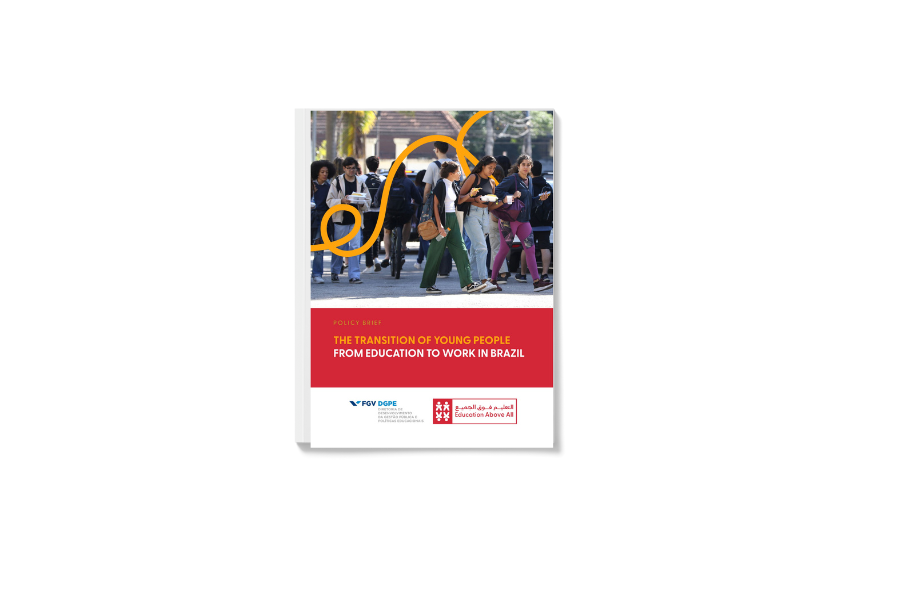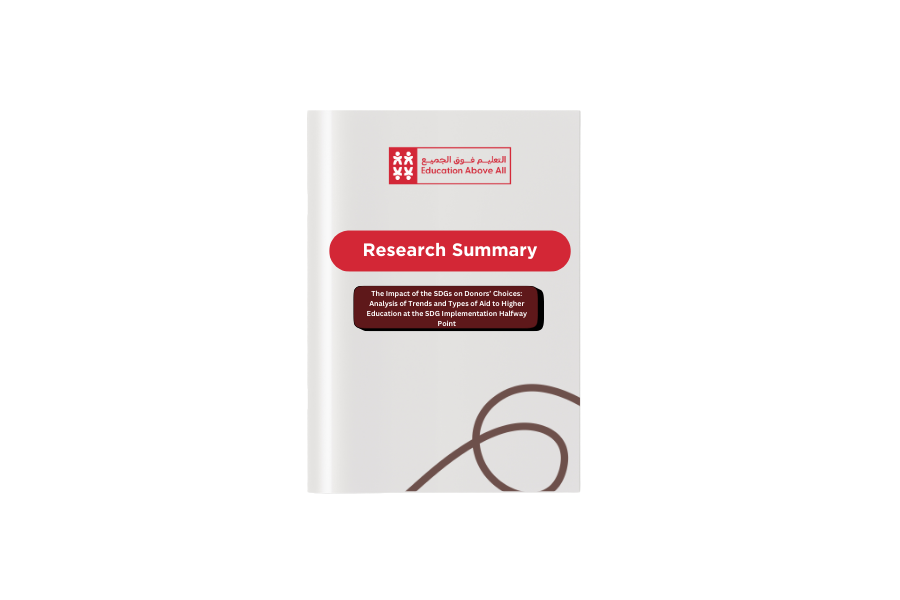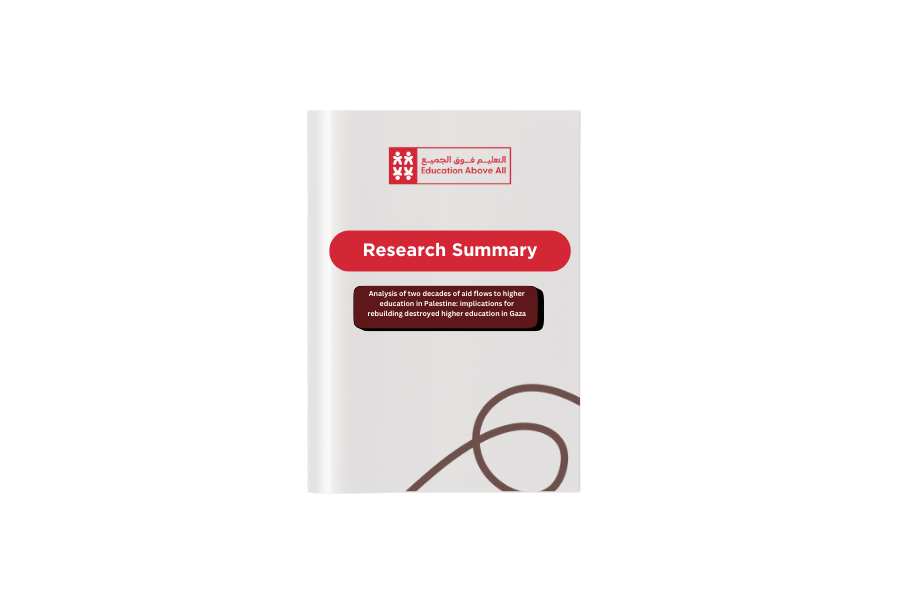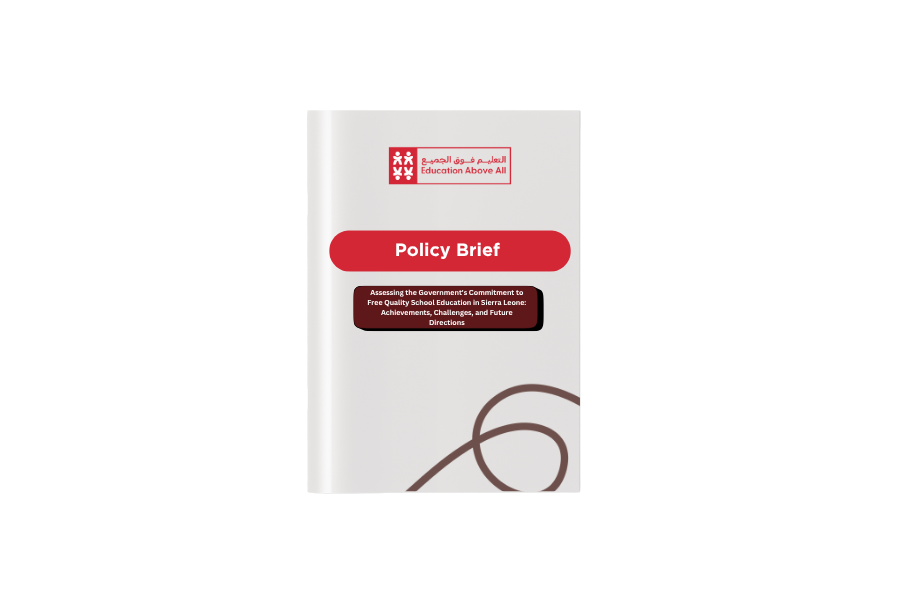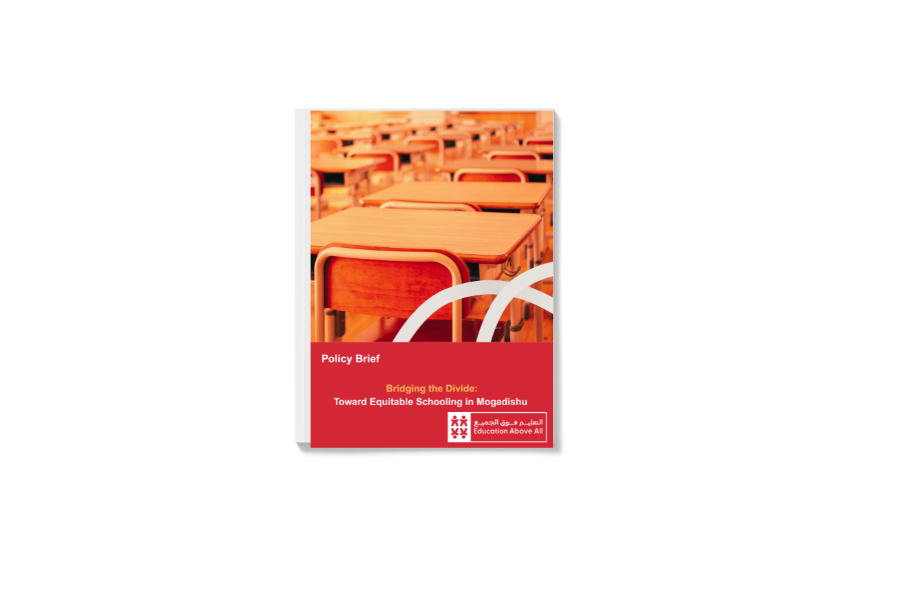
Bridging the Divide: Toward Equitable Schooling in Mogadishu
This policy brief, "Bridging the Divide: Toward Equitable Schooling in Mogadishu," explores the root causes of educational exclusion and provides actionable solutions for policymakers. It draws on insights from interviews conducted with families, educators, and policymakers. The discussion highlights factors such as prolonged displacement, extreme poverty, and governance-related challenges, which have collectively left thousands of children without access to formal schooling.
The research also illustrates the existence of a dual education system rooted in Somalia’s colonial history, where families are compelled to make critical choices regarding the type of schooling, particularly between Islamic and secular options. Additionally, the study reflects on spatial disparities, especially in marginalized districts, where structural barriers significantly hinder children’s access to education
What This Policy Brief Offers
- Analysis of Structural Barriers
- Insights into Cultural Dynamics
- Evidence-Based Recommendations
Why It Matters
The out-of-school crisis in Mogadishu is not just an education issue—it reflects deeper challenges of governance and social inclusion. Addressing it requires structural reforms that integrate local realities with national strategies, ensuring every child has access to meaningful learning opportunities.
👉 [Read the full policy brief] to explore how harmonizing education systems and strengthening governance can bridge the divide and create a resilient, inclusive education landscape in Mogadishu.
Key Publication
Tahir, A., Cochrane, L. Dynamics of education in post-conflict Somalia: the case of out-of-school children in Mogadishu. SN Soc Sci 5, 89 (2025). https://doi.org/10.1007/s43545-025-01123-8
Keywords:
Community-led education models, Dual Education System, Decentralized Education Governance, Spatial disparities, Marginalized districts
Authors:
Dr Abdifatah Ismael Tahir
Dr Logan Cochrane

